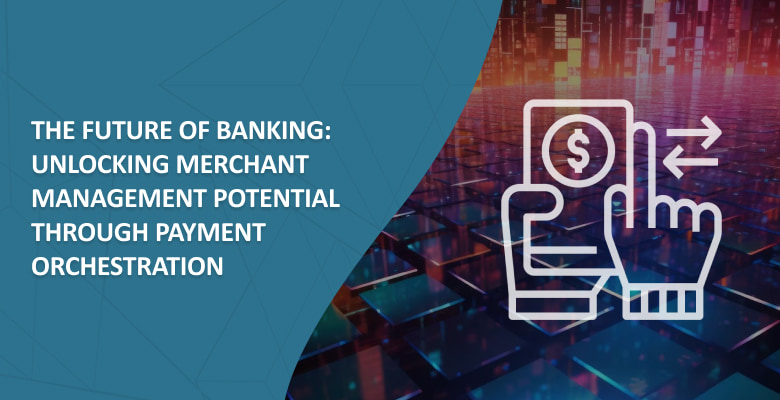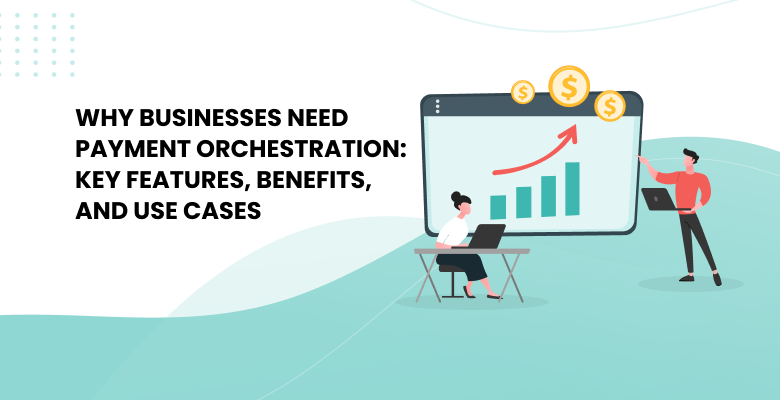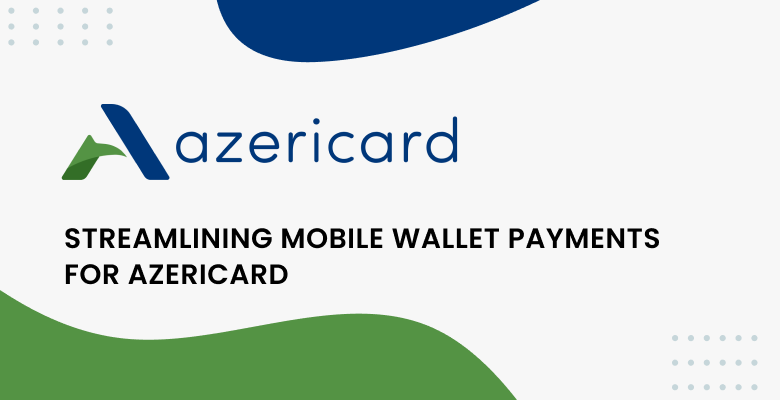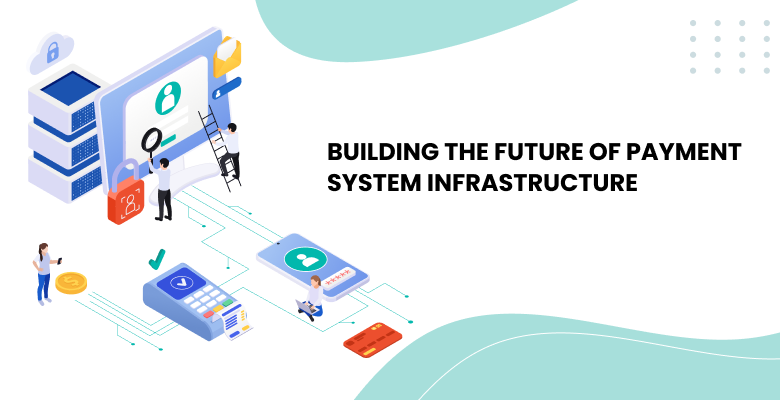
Keeping pace with the rapid evolution of financial technology requires banks and other financial institutions to place infrastructure modernization at the forefront. To accomplish this, they turn to payment orchestrators that provide software designed to meet today’s needs and expectations of customers. Payment orchestration offers many tools to take the load off banks’ shoulders, including intelligent routing, enhanced merchant onboarding and migration, settlement calculation, and many more. That is why gaining a comprehensive understanding of the benefits payment orchestration brings to them with market-leading technologies is crucial to revolutionizing merchant management for banks.
Payment orchestration for banks: Major benefits
In today’s competitive landscape, banks strive to stay ahead in their payment technology offerings to secure a dominant position in the market and unlock additional revenue streams. However, given the complexity of payment software, connectivity challenges, and significant data and reporting requirements, financial institutions of all sizes often turn to software vendors to navigate these complexities. This is where payment orchestration comes into play. Payment orchestrators offer robust platforms that efficiently manage technical complexities and optimize merchant management, allowing banks to focus on their core operations.
By partnering with a payment orchestrator, banks can:
Unlock additional revenue stream
By leveraging payment orchestration, banks can provide their merchants with tools to significantly enhance their transaction approval rates, optimize payments flow and efficiently prevent payment fraud while offering them value-added services.
Payment orchestration also enables banks to ensure compliance with regulatory requirements in different regions, allowing them to enter new markets and partner with local payment service providers. Furthermore, with payment orchestration, banks can route transactions to alternative payment methods. Thus, by diversifying the payment options available to merchants, financial institutions can not only enhance customer satisfaction but also tap into new streams of income, ultimately strengthening their financial standing in the competitive market.
Modernize current payment infrastructure
Despite banks boasting stable profits and a robust client network, their software systems, developed 10 to 50 years ago, often fail to meet the evolving needs of the industry. Yet, using payment orchestration, banks can benefit from a modern, flexible system that is not only scalable but also customizable to adapt to the dynamic landscape of the financial sector.
Increase their merchants’ acquiring market share
By embracing payment orchestration, banks gain the ability to elevate their existing merchants’ acquiring market share by seamlessly integrating them into an advanced platform that carries their own logo and style. This integration not only enhances the banks’ brand presence but also increases the value of their services by equipping merchants with technologies that improve transaction approval rates, minimize declines, and elevate the overall payment experience for their customers.
Save on maintenance costs
Alongside generating revenue, payment orchestration provides banks with substantial cost savings in system maintenance by automating manual processes. To illustrate, let’s consider the scenario where a bank previously required a team of 10 individuals to handle merchant onboarding manually. If they started leveraging automated merchant onboarding technology facilitated by the payment orchestration platform, they could accomplish the same process with a team of just 5 individuals.
Having examined the primary advantages of payment orchestration for banks, let us now explore the cutting-edge technologies and features at play.
Cutting-edge payment orchestration technologies driving banks’ growth
Payment orchestration refers to modern white-label payment software equipped with advanced payment technologies for optimizing and managing end-to-end payment processes. It empowers banks and other financial institutions to streamline payment operations, improve merchant experience, and capitalize on emerging trends while creating new revenue streams in the rapidly evolving payments ecosystem.
As we delve deeper into the world of payment orchestration, it’s worth mentioning that each vendor offers different payment orchestration features and technologies. To provide a comprehensive overview, we will now outline the primary technologies, with a particular focus on Akurateco — a renowned payment orchestration provider founded by industry professionals with over 15 years of experience in online payments.
SaaS, On-Premise, or Cloud Deployment
Akurateco provides two setup options: Software as a Service (SaaS) Payment Orchestration Platform or an On-Premise Setup that allows clients to have the system deployed on their dedicated servers or the cloud infrastructure of their choice.
By providing the flexibility of choosing between SaaS payment orchestration and an On-Premise Setup, Akurateco empowers banks to meet the specific regulatory requirements in regions where local hosting of the payment infrastructure is mandatory, ensuring that the bank remains fully compliant with regulations while offering its services.
Multiple integration options for merchants
Akurateco offers a range of integration options to cater to diverse merchant needs. These options include Host-2-Host Integration, which enables merchants to accept payment information on their own payment pages. Akurateco also offers pre-built plugins for the most popular CMS, simplifying the integration process for merchants and ensuring seamless compatibility with their existing platforms. Mobile SDK for iOS and Android empowers merchants to accept payments within their mobile applications. Lastly, Akurateco supports API Rest and API Soap integrations, providing flexible options for developers to connect their systems to the payment orchestration platform hassle-free.
Payment routing
Payment routing is one of the vital orchestration technologies that help banks optimize their payment flow. The technology can automatically direct transactions to internal bank systems, global card networks like Visa and MasterCard, or local card brands such as Verve in Africa, Elo in Brazil, Cartes Bancaires in the SEPA region, or Mada or NAPS in the MENA region in order to ensure compliance with governmental regulations and cater to local payment preferences. This flexibility enables banks to seamlessly navigate regulatory requirements and leverage the appropriate payment channels to reduce transaction failures, delays, and errors while saving time and resources.
Comprehensive analytics dashboard
An easily-managed data management dashboard keeps banks in full control over multiple merchants’ data. This technology enables banks to leverage transaction data for analytics and insights, providing them with valuable market intelligence, consumer behavior, and trend analysis to make data-driven business decisions. With a centralized access point, banks can effortlessly review and collect all the data related to their merchants. With such a unified view of merchant data, banks can effectively track their performance, detect anomalies, and derive valuable insights to help them address current challenges.
Automated merchant onboarding
This technology accelerates merchant onboarding by automating manual processes, such as giving merchants step-by-step instructions, asking for the necessary documentation, and assisting them through the whole process. As banks continually onboard a significant volume of merchants daily, this process consumes substantial resources. With automated merchant onboarding, this will no longer be the case, as banks will be able to create customized scenarios for merchants’ registration to collect required information and documents depending on the country of incorporation, type of business, and other parameters so that they will be able to conveniently complete the onboarding themselves by following instructions and uploading the required documentation directly into the admin panel. Furthermore, with automated merchant onboarding, banks can automatically issue access to a test environment for merchants to integrate into the system using a protocol corresponding to their technical level.
Payment fraud prevention
Akurateco’s payment orchestration platform is PCI DSS Level 1 certified. As a participant of the ZeroRisk program, Akurateco also offers vulnerability scanning and PCI DSS certification services to bank’s merchants. Additionally, together with Advantio, the company measures payment risk and makes it easier to manage by building intelligence and delivering customized, actionable insights across the ecosystem.
Akurateco also provides in-house anti-fraud modules with advanced features like whitelists, blacklists, and customizable filters for incoming transactions. Besides, the system has customizable anti-fraud plans for a merchant, Merchant Identification Number (MID), and merchant mapping, ensuring that the level of protection against expected risks is properly calibrated to match the unique circumstances of each channel.
In addition to in-house anti-fraud, we collaborate with industry leaders in risk-scoring technology like Fraudio, MaxMind, AcuityTec, and Sift Science to detect, analyze, and prevent potentially fraudulent transactions.
Settlement calculation
Akurateco’s first-class settlement calculation system empowers banks to automatically calculate commissions, merchant settlements, and rewards for referral partners from a unified platform. This comprehensive system eliminates manual calculations and consolidates all necessary information in one place, simplifying bank financial management. Additionally, Akurateco’s system allows banks to accurately calculate and account for rolling reserves, separating them from the main settlements to enhance control and transparency over their reserve funds. Moreover, by leveraging the flexibility of setting customizable fees for each payment action, banks can tailor fees based on specific payment actions, optimizing their revenue capture by aligning fees with the provided value or incurred costs for each payment transaction.
All-in-one merchant portal
Payment orchestration offers a centralized merchant portal branded with the bank’s logo. The portal has a user-friendly interface for effortless navigation and seamless payment management. Moreover, it gives merchants full control over their payment data through a single dashboard, offering a comprehensive overview of all their transactions with detailed information on each one. This consolidated view empowers merchants to monitor and analyze their payment activities efficiently, improving overall transaction management.
Looking for assistance?
If you’re interested in white-label payment orchestration for your financial institution, don’t hesitate to contact us. Book a Free Demo to explore the potential benefits and discover how our solution can elevate your bank’s merchant management and overall payment processes.






